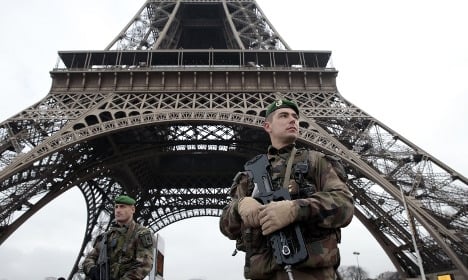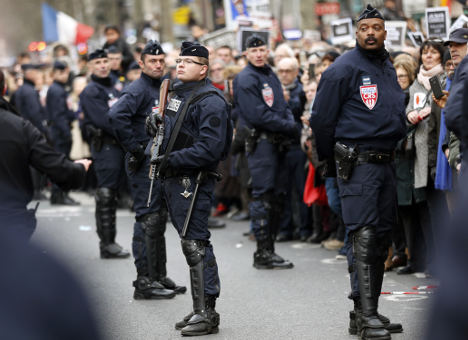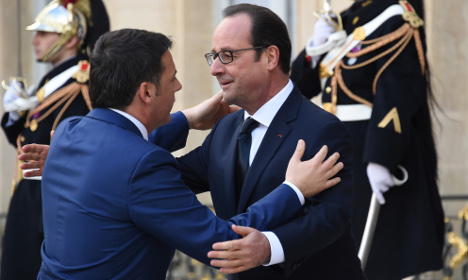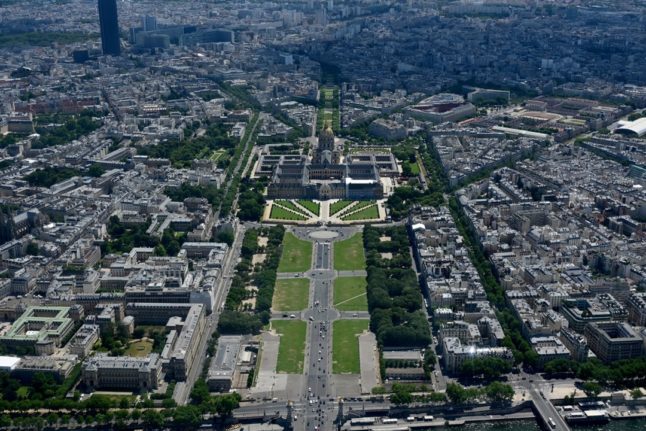Italy's Interior Minister Angelino Alfano on Friday called for greater access to conversations between extremists online, saying internet companies should hand over more information.
While governments spying on their citizens is nothing new, Alfano’s announcement in parliament is described as a “knee jerk reaction” by Ben Wagner, director of the Centre for Internet & Human Rights in Frankfurt.
READ MORE: Paris attack suspect known to Italy: Alfano
“You come to expect a knee jerk reaction before an attack has even finished,” he tells The Local. “There are regular requests for more data in these situations, but it’s entirely unclear whether it’s effective and what purpose this serves.”
Jillian York, director for international freedom of expression at the San Francisco-based Electronic Frontier Foundation, says new measures would likely have a negative impact on minorities.
“Rushing in laws quickly will disproportionately affect some minorities and Muslims. If there was actually a conspiracy to conduct an attack, we have laws in place already to manage that,” she says.
France is one of a number of countries to have included internet regulation in its new anti-terrorism law, which York says allows for citizens to be prosecuted for “vague crimes” such as “glorification of terrorism on the internet”.
READ MORE: France moves closer to new anti-terror powers

Italy too has anti-terrorism measures in place, although the government now believes more should be done in order to stop citizens becoming radicalized online before they carry out violent attacks.
Wagner points to the key challenge facing the government: “trying to prevent the crime before it’s been thought of”.
Much of the debate in recent days has focused on Muslim communities, as those responsible for the Paris attacks swore their allegiance to extremist Islamic groups. But Wagner argues that as anyone can be radicalized – not only Muslims – authorities need a broader agenda to stop extremists recruiting people.
“Radicalization does not just focus on communications,” he says. “There’s a whole set of suggestions of needing more traditional police work, or more work on integration.”
York agrees that a wider strategy is needed, including one tackling unemployment. “My concern is that there’s no complementary effect to stop people getting to that point [of being radicalized].
“All the solutions are putting more people in prison rather than tackling the problems,” she says.

While the Italian government is yet to outline Alfano’s proposed changes in detail, York says she worries about government surveillance becoming “increasingly normal”.
New measures will also need the cooperation of the world’s largest internet companies, which Wagner predicts are “not likely to be particularly favourable” to the idea of handing over more information.
After the “extraordinary” events in Paris, he says Europe has been left with a choice on the future of surveillance: “It’s whether we stand of for the rights for which these individuals were killed, or whether we try to develop a Europe that is less focused on fundamental rights and more willing to accept sweeping security measures.”



 Please whitelist us to continue reading.
Please whitelist us to continue reading.